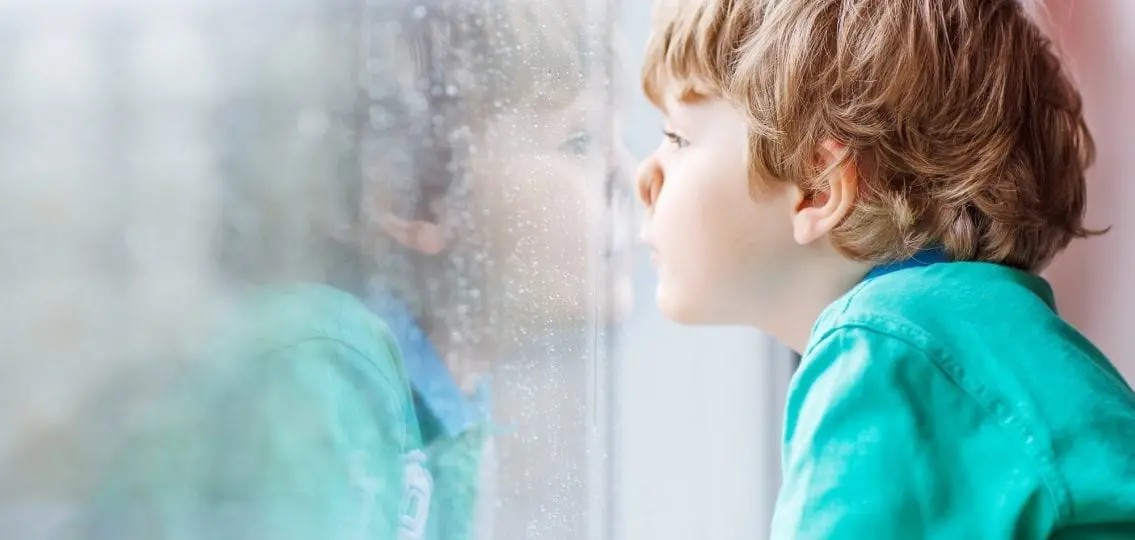What age can kids stay home alone? Is my child old enough to stay home alone? Is he or she ready? These are questions all parents eventually face when deciding to leave their child home alone for the first time. Whether they are just running to the store for a few minutes or working during after-school hours, parents need to ensure their kids have the skills and maturity to be home alone safely. So when is a kid old enough to stay home alone?
When Can Kids Stay Home Alone?
The answer is—it depends. The National SAFEKIDS Campaign recommends that no child under the age of 12 be left at home. Surprisingly, most states don’t have any minimum age requirements. A few states have enacted specific regulations or guidelines about the age of a child left at home alone. The most common ages, among the states that have a recommendation or legal requirement, are age 8, 10, and 12. Note that city and county laws within each state might also differ.
Even if there aren’t any laws for home alone children in your area, basic guidelines can help you decide if your son or daughter is ready. The U.S. Department of Health and Human Services Administration for Children and Families Administration on Children, Youth and Families Children’s Bureau has a few tips to help parents and caregivers to evaluate if their child is ready:
- Is your child physically and mentally able to care for him or herself?
- Does your child obey rules and make good decisions?
- How does your child respond to unfamiliar or stressful situations?
- Does your child feel comfortable or fearful about being home alone?
Things to Consider:
Here are a few factors that parents should consider when deciding the important question of what age can kids stay home alone:
Duration and time of day.
How long will your child be left home alone at one time? Will it be during the day, evening, or night? How long they’re alone and what time of day can affect both safety and the success of your child being home alone.
Frequency and number of siblings.
How often will the child be alone, and how many children are being left home alone? Children who seem ready to stay home alone may not necessarily be ready to care for younger siblings.
Security.
Does your child know how to lock or secure the doors? What is the plan if she or he gets locked out or loses their key? Does your child know what to do if a visitor comes to the door?
Emergency information.
Are there other adults nearby that you trust and who are home and can offer immediate assistance if there is an emergency or your child becomes fearful? He or she should know how to contact you at any time, as well as the full names and contact information of other trusted adults. This information should be written out and stored in an easily accessible place.
Tips to Prepare Your Child to be Home Alone
If you determine that your son or daughter is ready to stay home alone, here are a few suggestions to prepare your child for being home alone:
Have a trial period.
Leave the child home alone for a short time while staying close to home. This is a good way to see how he or she will manage.
Role play.
Act out possible situations to help your child learn what to do such as how to manage visitors who come to the door or how to answer phone calls in a way that doesn’t reveal that a parent is not at home.
Establish rules.
Make sure your child knows what is (and is not) allowed when you are not home. Set clear limits on the use of cable television, computers and other electronic devices, and the Internet. Some experts suggest making a list of chores or other tasks to keep children busy while you are gone.
Emergencies
Discuss emergencies.
What does the child consider an emergency? What does the parent consider an emergency? Have a code word that the parent and child can use in the event of any emergency.
Check in.
Call your child while you are away to see how it’s going, or have a trusted neighbor or friend check in.
Talk about it.
Encourage your child to share his or her feelings with you about staying home alone. Have this conversation before leaving your child and then, when you return, talk with your child about his or her experiences and feelings while you were away. This is particularly important when your child is first beginning to stay home alone, but a quick check-in is always helpful after being away.
Don’t overdo it.
Even a mature, responsible child shouldn’t be home alone too much.




